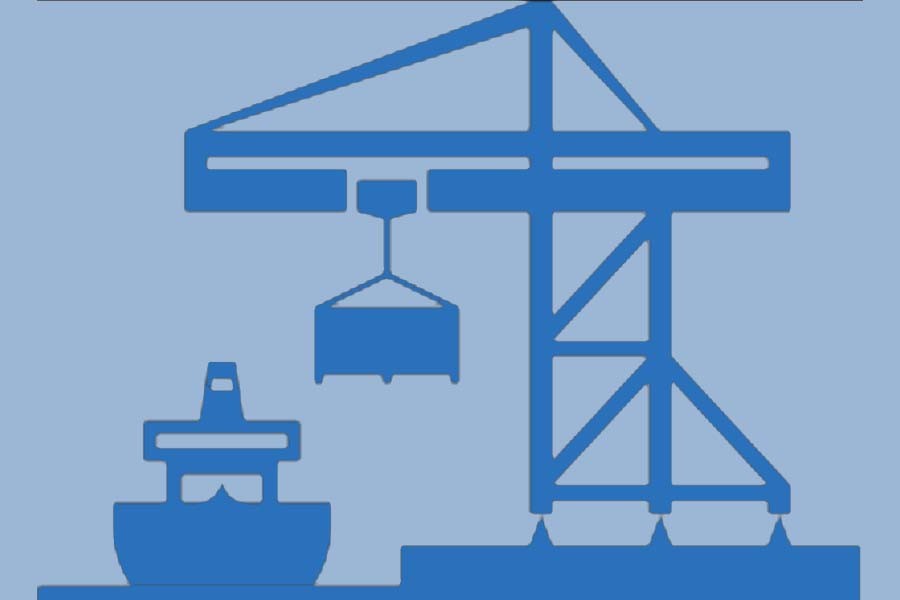
Published :
Updated :

A recent raise in container-handling charges at the privately-run Internal Container Depots (ICDs) has become a bone of contention between the ICD operators, on the one hand, and the exporters and the shipping agents, on the other. A stalemate, as a result, has been created over the issue as neither side seems to be willing to meet the other halfway. Exporters, especially, the apparel exporters, contend that the hike in container-handling charge would be the last straw since already a series of price hikes have increased their cost of business. Enhanced service charges at the ICDs or off-docks, they argue, would render their business uncompetitive in the international market. Also, the off-dock operators, what the apparel exporters claimed, raised the port tariff unilaterally and without the approval of the tariff committee under the Ministry of Shipping (MoS). Similar arguments have been put forward by the shipping agents against the tariff hike by the off-dock side. Further, any raise in port service charge, the shipping agents argue, if arbitrary and effected without consensus among the stakeholders, is problematic as the shipping lines are bound by long-term contracts with overseas buyers. The ICD operators, on the other hand, held that since most container movement equipment including transport run on diesel, they have no option but to increase their charges for container handling service. Moreover, as the tariff raise affects only five out of the 23 services they offer to the off-dock users through assessing fuel use by the services in question, the matter should not draw much controversy, they argued. Definitely, the arguments of either side have their merits. Even so, as it hurts business in general, the ongoing deadlock over container-handling charge cannot be allowed to continue indefinitely. So, both sides need to make, in their own interests, the effort to resolve the crisis. As evidenced from the reports, there has already been exchange of letters between the opposing sides on several occasions explaining each other's position. In that case, it is advisable that both sides continue the dialogue and do not go for any action such as a legal one, as indicated in the media reports, which would only complicate matters.
Undeniably, as a gateway to the nation's export and import trade, the ICD operators play a very crucial role in keeping business and the economy on track. So, it is important that any increase in service cost in an area that involves multiplicity of interests does not hurt any service-seeker. Also, it is expected that the process of cost-increase is agreeable to all the stakeholders concerned. As such, the best way of doing that is in a participatory manner. At this point, the ICD operators' raising port tariff by 23 per cent, as they claim, done in sync with the 23 per cent hike in diesel price, merits further elaboration. For the apparel exporters and the shipping agents look quite unconvinced about the decision. That calls for sorting out the gaps, if any, in the process of raising the off-dock tariff. Notably, the apparel exporters and the shipping agents have expressed their willingness to settle the matter on the basis of a consensus.
So, it is imperative that the apparel exporters, the shipping agents and the ICD operators sit face to face and thrash out a compromise formula for a solution to the crisis over the port tariff hike. If necessary, a third party, such as the Chattagram Port Authority (CPA), may act as a mediator. The matter is urgent.


 For all latest news, follow The Financial Express Google News channel.
For all latest news, follow The Financial Express Google News channel.